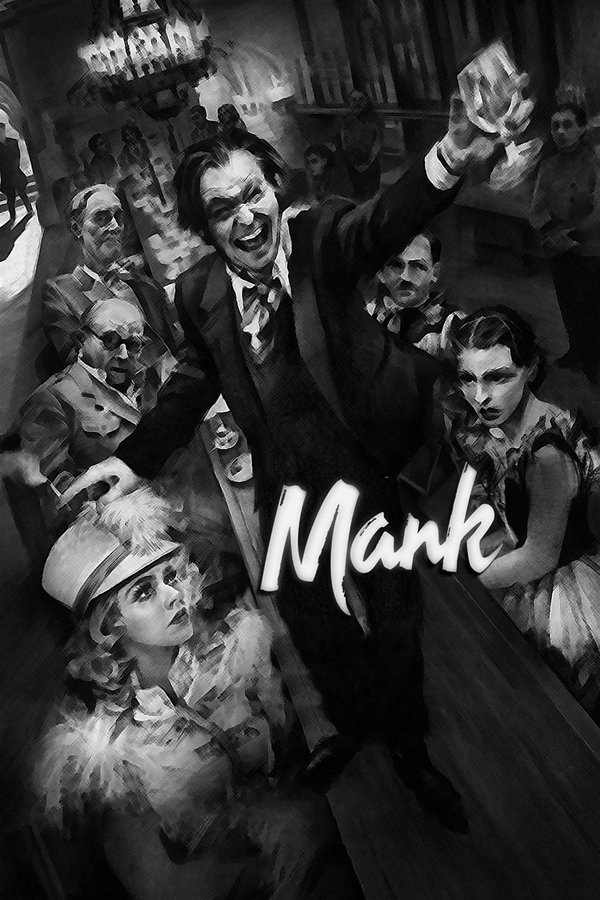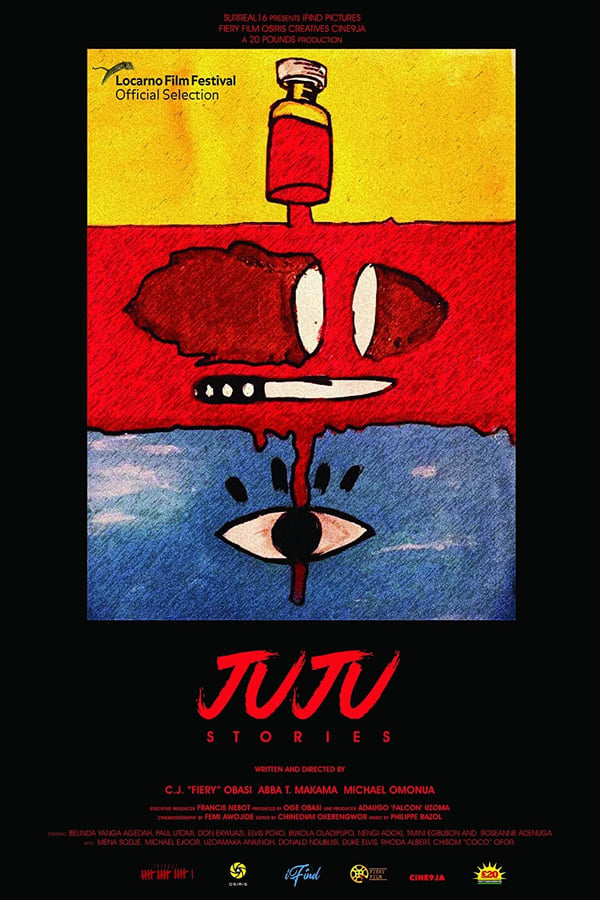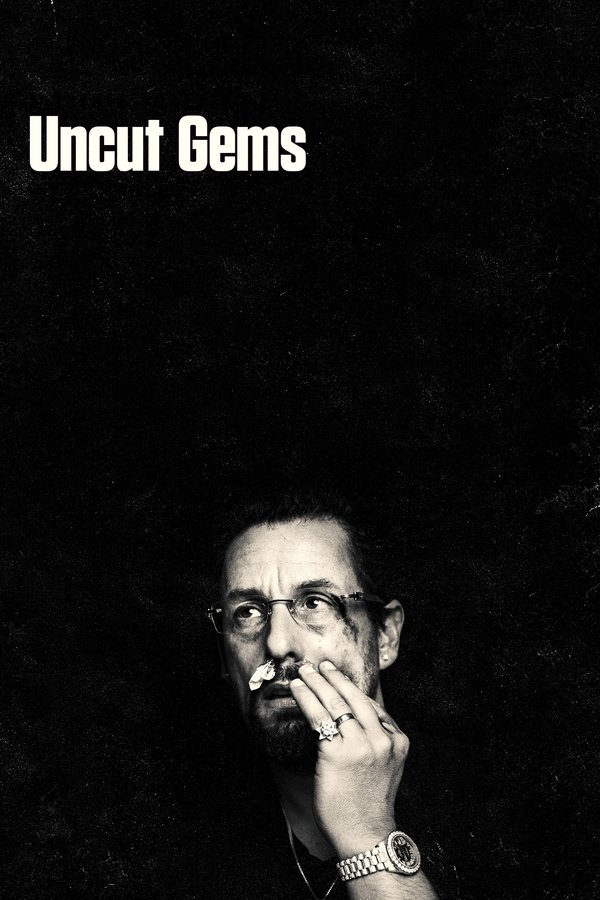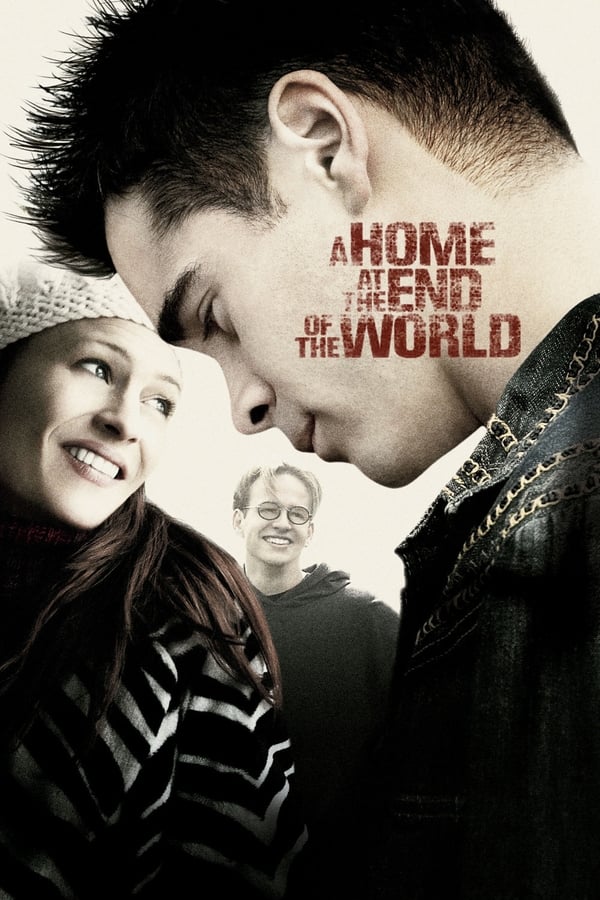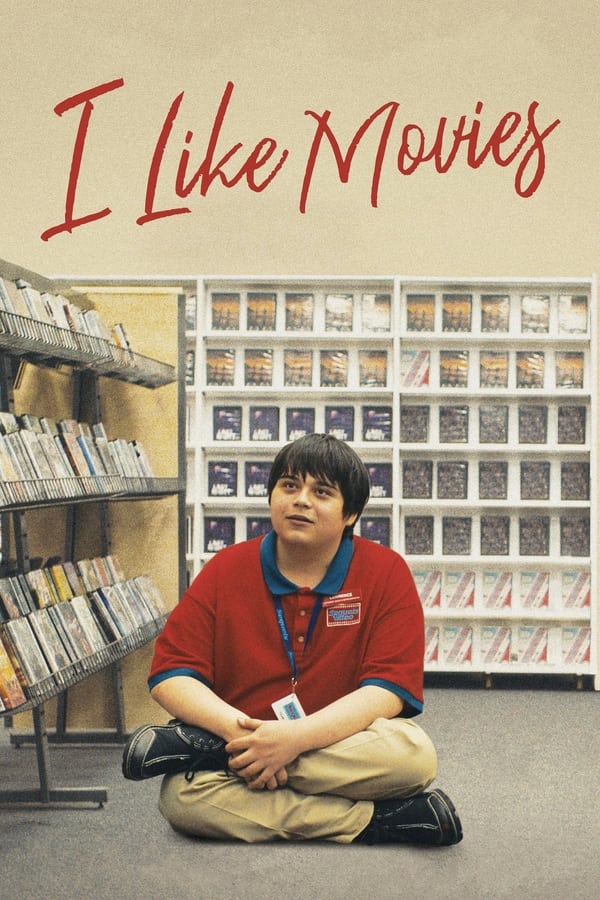HD
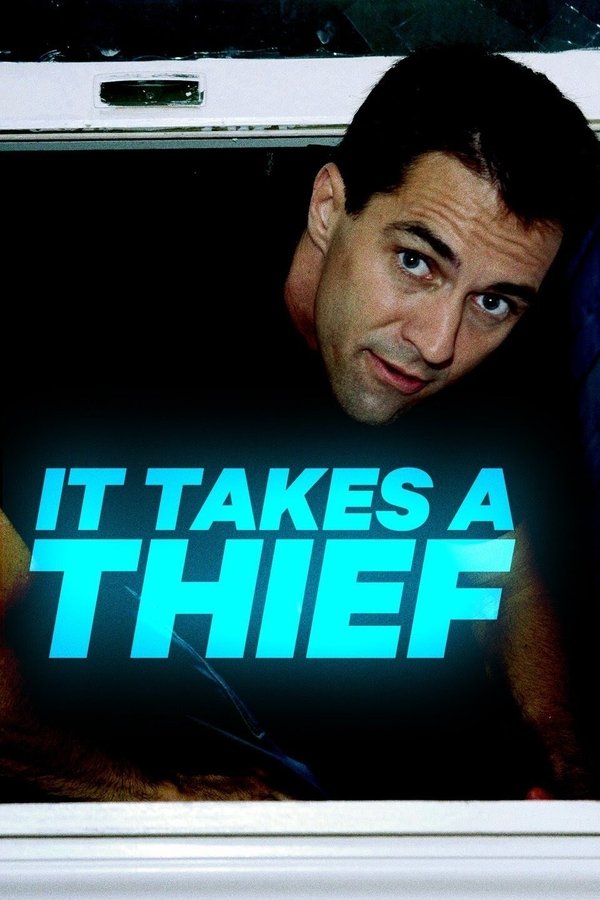 7
7It Takes a Thief 2005
2005 46 min Movie
It Takes a Thief 2005
7200546 minHD
A unique series offering viewers something they've never seen before: an actual home burglary, live, as it happens. Hosted by two reformed ex-cons, It Takes a Thief exposes the security ...
Country: USA
Genre:Documentary, Drama
HD
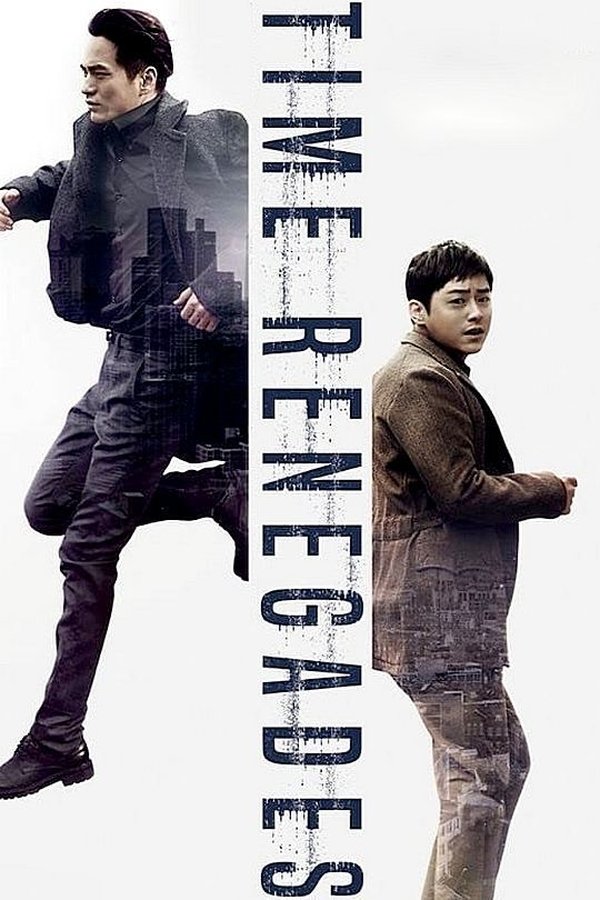 7.1
7.1Time Renegades 2016 Full Movie
2016 107 min Movie
Time Renegades 2016 Full Movie
7.12016107 minHD
A high-school teacher in 1983 and a detective in 2015 join forces through their dreams to change the perilous fate of the woman they both love—30 years apart.
Country: South Korea
